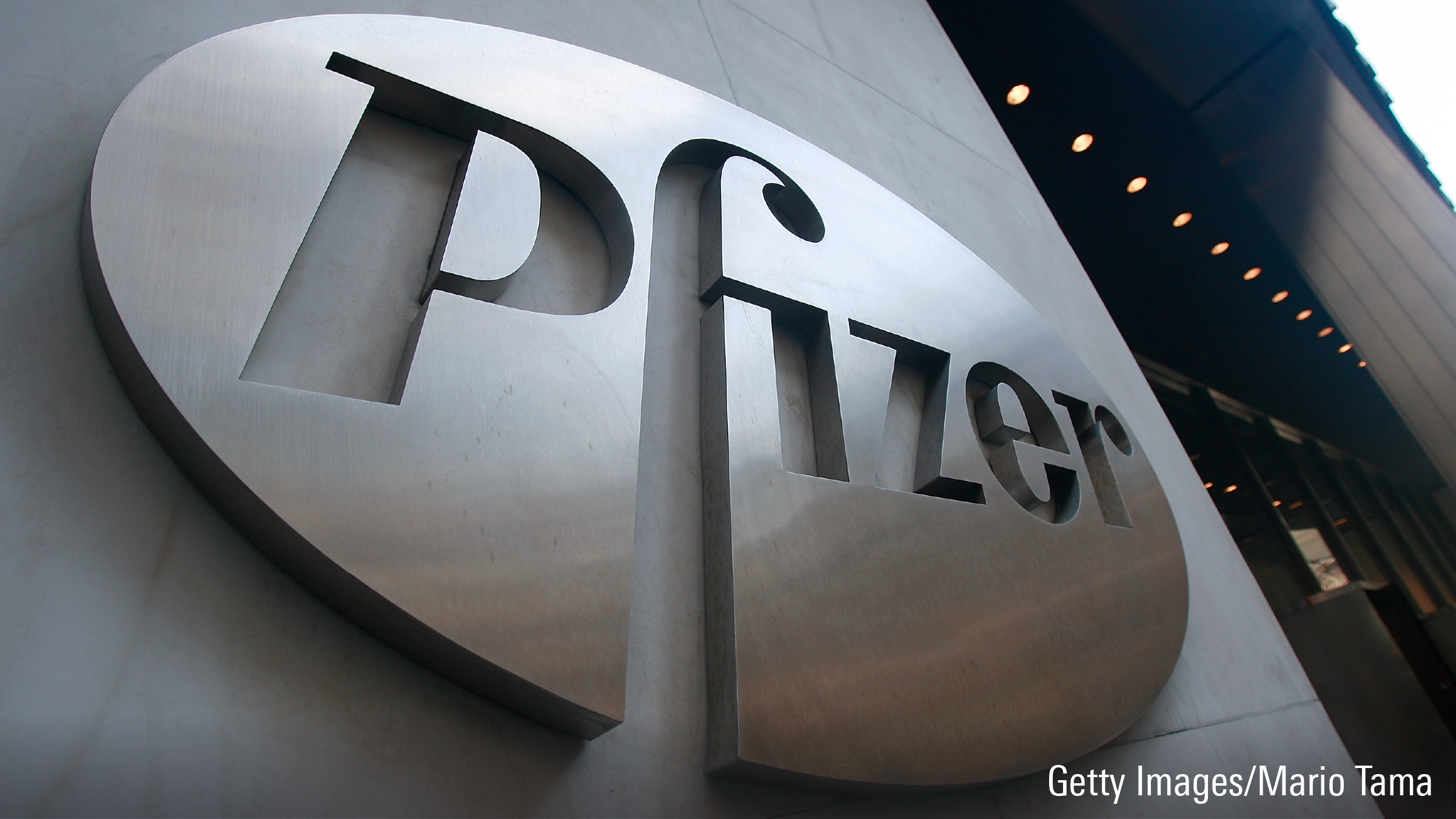Narrow-moat Cognizant delivered strong first-quarter results, exceeding both our estimates and consensus expectations on revenue and profitability. This better-than-expected performance was driven by resilient demand for digital transformation and cost-reduction initiatives across key verticals, which helped offset late-quarter headwinds from discretionary spending constraints. Management provided solid second-quarter guidance, forecasting revenue growth of 5.9% to 7.4% year on year. More notably, full-year guidance was raised: revenue is now expected to grow 3.9% to 6.4% year on year, up from the prior range of 2.6% to 5.1%. Adjusted earnings per share is projected to be between $4.98 and $5.14 (previously $4.90 to $5.06). Adjusted operating margin guidance is unchanged at 15.5%-15.7%.
Show me how fair value is derived (00:41)
Morningstar calculates the fair value estimate of a company based on a projection of how much cash the company will generate in the future. Morningstar analysts create custom industry and company assumptions to feed income statement, balance sheet, and capital investment assumptions into a proprietary discounted cash flow modeling template. Scenario analysis, in-depth competitive advantage analysis, and a variety of other analytical tools are used to augment the discounted cash flow process. The analyst discounts future cash flows using the weighted average of the costs of equity, debt, and preferred stock (and any other funding sources), using expected future proportionate long-term, market-value weights.
The Morningstar Fair Value Estimate is a projection/opinion and not a statement of fact. If Morningstar's base-case assumptions are true the market price will converge on Morningstar's fair value estimate over time, generally within three years. Investments in securities are subject to market and other risks. Past performance of a security may or may not be sustained in the future and is no indication of future performance.















